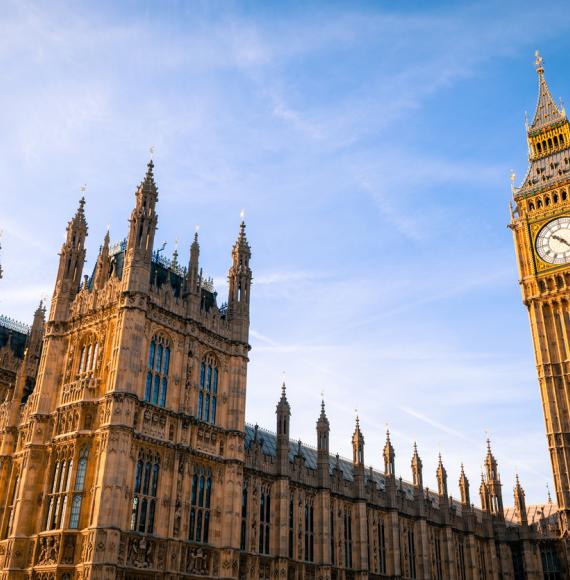The collection of GP data for Planning and Research in England will now take place on 1 September 2021 instead of 1 July. This is in response to concerns from patients, doctors, health charities, GPs, the BMA and the Royal College of General Practitioners. This will allow more time to gather more insight into the way data is used.
The new system will be introduced by NHS Digital, and is expected to be an improvement to the current data system, which is more than 10 years old. The data collected is expected to protect patient identity before leaving the surgery, and entire GP records will not be collected.
Only organisations using data for healthcare planning and research purposes, will have access to the data, and will only receive the specific data that is required. This will also be subjected to scrutiny and audits.
Commenting on the announcement by Jo Churchill, the Health and Social Care Minister’s BMA GP committee executive team member and IT lead, Dr Farah Jameel, said: “Today’s announcement is an important win for patients, family doctors and the BMA.
“Along with the RCGP, we made it abundantly clear to both the Government and NHS Digital that this programme needed to be delayed to allow for a proper in-depth public information campaign to give the public a chance to make an informed decision about whether they want their data collected as part of the new GP data extraction programme.
“We know from our members that many family doctors feel that all their patients may not yet know what’s changing, and many practices do not believe that they themselves have been given the right level of information nor adequate time to comprehensively understand the programme, its merits and the safeguards it will operate within.
“While the BMA understands that data sharing plays a key role in planning and research as well as developing treatments, we also know that the crux of the GP-patient relationship relies on trust, transparency and honesty, and therefore allowing the public to make fully informed decisions is paramount.
“What’s important now is that the Government takes full responsibility for ensuring that there is honest dialogue and robust public engagement. GPs were never, and should not be, expected to take responsibility for communicating the details of this programme to patients, so we would expect to see the Government use this extension to adequately communicate the programme details to doctors and the public.”
Simon Bolton, CEO NHS Digital said: “We are absolutely determined to take people with us on this mission. We take our responsibility to safeguard the data we hold incredibly seriously.
“We intend to use the next two months to speak with patients, doctors, health charities and others to strengthen the plan even further.”
There have also been varying examples of GP data being used to improve practices during the pandemic. Using data from General Practices for example, was beneficial in the Oxford University Recovery Trial, which helped identify which treatments - including dexamethasone - were most effective in improving the outcome for Covid-19 patients.
There are also other examples of where the use of data has helped organisations, such as, identifying vulnerable people shielding during the pandemic, and helping find the gaps and improving diabetic services.
Mr Bolton concluded: “Data saves lives and has huge potential to rapidly improve care and outcomes, as the response to the Covid-19 pandemic has shown. The vaccine rollout could not have been delivered without effective use of data to ensure it reached the whole population.”



















